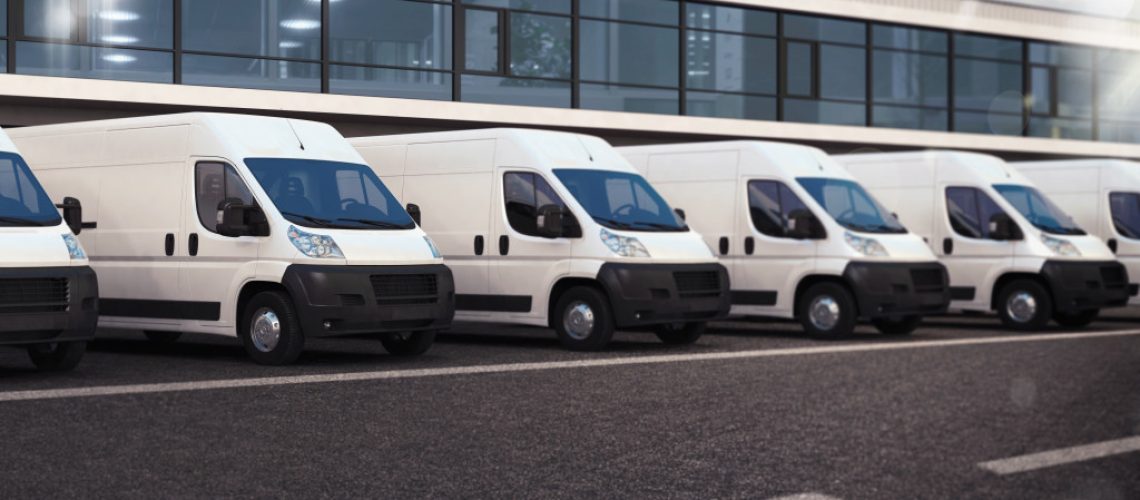Over the years, most commercial and business owners find it paramount to invest in fleet vehicles for retail and wholesale operations. However, purchasing the right fleet of vehicles that will enhance your operations and boost your profitability can be daunting. Let’s take a look at several factors that you should consider when buying a fleet or commercial vehicle.
1. How You Intend to Use
When buying a fleet or  vehicle, you first need to consider the usage and operation. Knowing the intended purpose will help you pick the right fleet of vehicles that will meet your business’s specific needs.
vehicle, you first need to consider the usage and operation. Knowing the intended purpose will help you pick the right fleet of vehicles that will meet your business’s specific needs.
A good place to start is to consider the sizing. For instance, if you intend to tow heavy loads, then you need vehicles with the proper size and a larger carrying capacity. It is also paramount to determine the type of cargo that will be transported, whether it is goods, people, or heavy machinery.
If the vehicle will be pulling a trailer, be sure to determine its size and weight. Reputable manufacturers such as kingkongtrailers.com.au can easily provide you with this information. Also, you need to research the routes that the vehicles will commute regularly. For instance, you may opt for a compact vehicle if it will be used for urban commuting and an off-road vehicle for commuting to construction sites.
2. Purchase Cost
Now that you have an idea of the type of vehicles you want, the next step is to research the cost of purchasing or leasing the vehicles. Both buying and leasing options come with their pros and cons and your decision will narrow down to your budget and priorities.
Although expensive, financing is a straightforward way to own a fleet of new or used vehicles. On the other hand, leasing has significantly lower monthly payments than financing, but it does not give you ownership of the vehicles. Hence, this financing option is a good choice when you don’t want to end up with a lot of old vehicles in the long run.
Whether you choose to buy or lease, make sure that you compare purchase offers from various dealerships to find one that suits your budget. Furthermore, you should keep in mind insurance, maintenance, and fuel costs.
3. Safety Features
With so many risks involved in the commercial setting, it is vital to check the safety features of vehicles before making the final buying decision. Vehicles that are designed with safety technologies are more unlikely to get into accidents compared to those that lack updated safety features.
Other than better accident management, you will be assured of reduced vehicle downtime and considerably lower insurance premiums. This will give you a faster return on investment down the road.
4. GPS-Integration and Fuel Economy
For companies that want to enhance safety and ensure that operations run efficiently, GPS integration is essential. Fleet vehicles that allow for GPS integration options will let you monitor routes, traffic, and any driving issues.
Similarly, you need to determine whether fuel efficiency matters to you. All vehicles are different, and the fuel consumption may vary. If you opt for fuel-efficient vehicles, consider various factors such as the length of routes, vehicle maintenance, and much more.
5. Maintenance and Repairs
Vehicles are prone to wear and tear and require regular repairs and maintenance. For this reason, it is important to find fleet vehicles that can easily be maintained by the technicians. However, if you purchase the vehicles through the leasing option, the costs of repairs and maintenance will be on the lessor. Also, see to it that the parts are easily available and within your means to purchase.
6. Select the Right Dealership
In order to buy the appropriate fleet of vehicles, you need to do business with a reputable and established dealer. However, with numerous fleet dealers in the market, it can get overwhelming to find the right dealer that offers flexible fleet programs to meet your fleet needs.
To help narrow down your list of potential fleet dealers, research their track record and read customer reviews on their websites. A reputed dealer will guide you through the process and offer you great deals. Don’t forget to inquire about their selling terms and conditions and other information for informed decision-making.
Whether you are purchasing business vehicles to replace the old ones or you are just getting started on a new fleet, finding the right fleet of vehicles will greatly contribute to your success. You simply need to do your research and find the most appropriate fleet that will meet the needs of your business.

